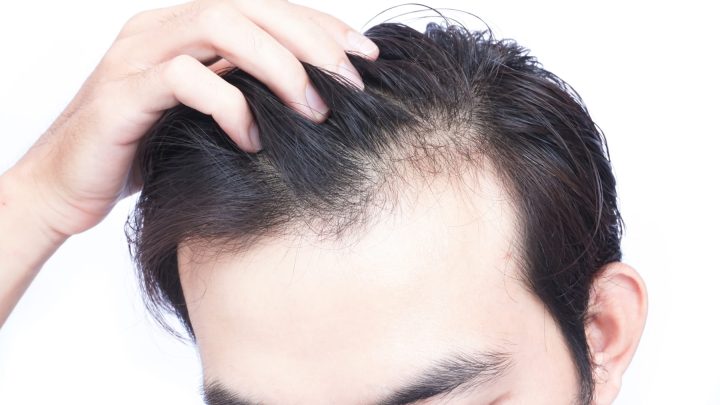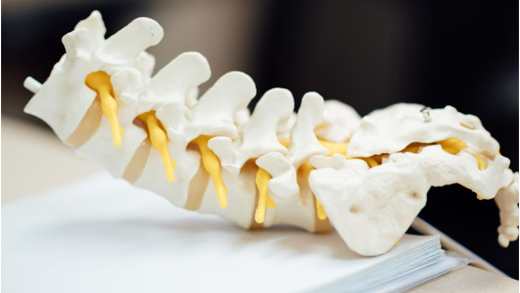You might have noticed more hair in your comb or pillow and wondered if it’s something you should worry about. Hair loss affects millions worldwide, significantly impacting their quality of life. Let’s take a closer look at this common yet misunderstood issue and explore hair transplant in Turkey cost.
Hair Beyond the Surface
The journey begins with understanding what hair is and how it grows. Hair isn’t merely a feature that enhances your appearance; it follows a growth cycle that many factors can influence. When this cycle is disrupted, it can lead to various forms of hair loss, ranging from pattern baldness to alopecia areata.
Understanding what causes hair loss is the first crucial step toward finding the right solution. Here, we delve into the common causes that might be contributing to your hair loss.
Genetic Factors and Hair Loss
Genetics, also known as Androgenetic Alopecia, can play a huge role in hair loss. If you have family members who have experienced hair loss, you might be genetically predisposed to it. This condition is characterized by a receding hairline, balding on the top of the head in men, and thinning hair along the crown of the scalp in women.
Hormonal Imbalances and Their Role in Hair Loss
Hormonal changes can cause a type of hair loss called Telogen Effluvium. Pregnancy, childbirth, menopause, thyroid disorders, and PCOS can disrupt hormonal balance, leading to excessive hair shedding. Fortunately, once hormones stabilize, hair often begins to grow back.
The Impact of Lifestyle Choices on Hair Health
Your lifestyle choices could be unknowingly causing your hair to fall out. Excessive alcohol consumption, smoking, and a diet lacking essential nutrients can all contribute to hair loss. Furthermore, certain hairstyles that pull on the hair, like tight ponytails or braids, can lead to Traction Alopecia.
The Role of Stress and Hair Loss
Stress is another significant factor that can trigger hair loss. High-stress levels can push hair follicles into a resting phase, resulting in hair shedding. This condition, Telogen Effluvium, can be caused by significant life events such as severe illness, major surgery, or intense emotional stress.
Nutrition and Hair Health
One often overlooked aspect of hair health is nutrition. A balanced diet is good for your body and essential for your hair. Vitamins, minerals, and certain nutrients are critical for maintaining healthy hair and addressing deficiencies that might be causing your hair to shed.
Traditional and Natural Remedies for Hair Loss
Traditional and natural remedies have been used for centuries to promote hair health and combat hair loss. These remedies often focus on holistic approaches and leverage the power of nature to improve hair growth and density. Let’s explore some of these traditional and natural remedies.
Oils, Herbs, and Their Benefits for Hair Health
A vast array of oils and herbs is known for their hair-boosting properties. Coconut oil, for example, is rich in fatty acids and penetrates deep into the hair follicles, promoting hair growth. Similarly, rosemary oil is believed to increase cellular metabolism, stimulating hair growth.
Herbs like Aloe Vera are used to soothe the scalp and reduce inflammation, creating a healthier environment for hair growth. Fenugreek, another potent herb, is rich in proteins and nicotinic acid and can help rebuild hair follicles, reducing hair thinning and baldness.
Medical Treatments for Hair Loss
When traditional and natural remedies aren’t sufficient to combat hair loss, medical treatments come into play. From topical solutions to surgical procedures, modern medicine offers a range of options to slow down hair loss and promote hair growth.
Over-the-Counter Solutions: Minoxidil and Finasteride
Minoxidil (Rogaine) and Finasteride (Propecia) are two FDA-approved, over-the-counter medications for hair loss. Minoxidil, available as a topical solution or foam, prolongs the growth phase of hair follicles. On the other hand, Finasteride, an oral medication, inhibits the production of a hormone known to shrink hair follicles.
The Science Behind Platelet-Rich Plasma (PRP) Treatment
PRP therapy is a relatively new but promising treatment for hair loss. It involves drawing your blood, processing it to extract the platelet-rich plasma, then injecting this into your scalp. The growth factors in your blood cells can help stimulate hair growth.
Laser Therapy: What You Need to Know
Low-level laser therapy (LLLT) is a non-invasive treatment for hair loss. It uses the process of photo-biomodulation to stimulate hair follicles, promoting growth. While research is still ongoing, some studies suggest that LLLT can effectively treat hereditary hair loss.
Hair Transplant Surgery: The Last Resort?
Hair transplant surgery involves moving small plugs of skin, each containing a few hairs, from fuller areas of your scalp to balding areas. This procedure has advanced significantly over the years and can produce natural-looking results. However, as with any surgical procedure, it carries risks and should be considered a last resort after exploring other treatments. Look for the best hair transplant Turkey package. As the average cost for hair transplant in Turkey is roughly €1600 – €2450
Lifestyle Modifications for Hair Health
Hair loss is not only about what you put on your scalp or ingest; it’s also about how you live your life. Stress management, regular exercise, and a healthy hair care routine can significantly impact your hair health and slow down hair loss.
Finding the right remedy for hair loss is a journey that requires patience, perseverance, and a positive outlook. Embrace this journey, and remember, you’re not alone. Countless resources, treatments, and support systems are available to help you navigate the path to better hair health.




